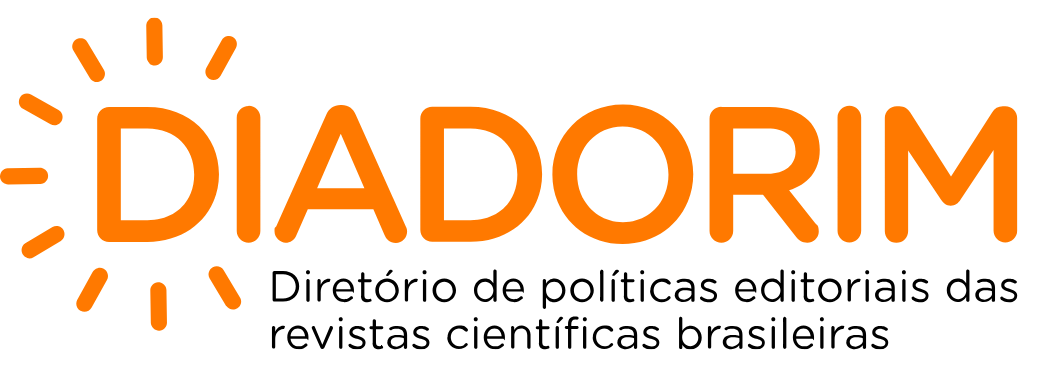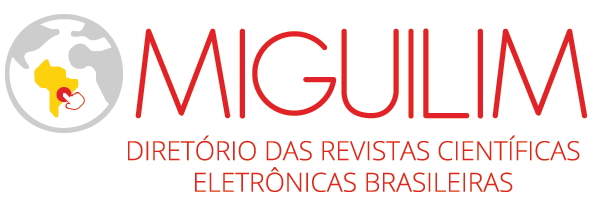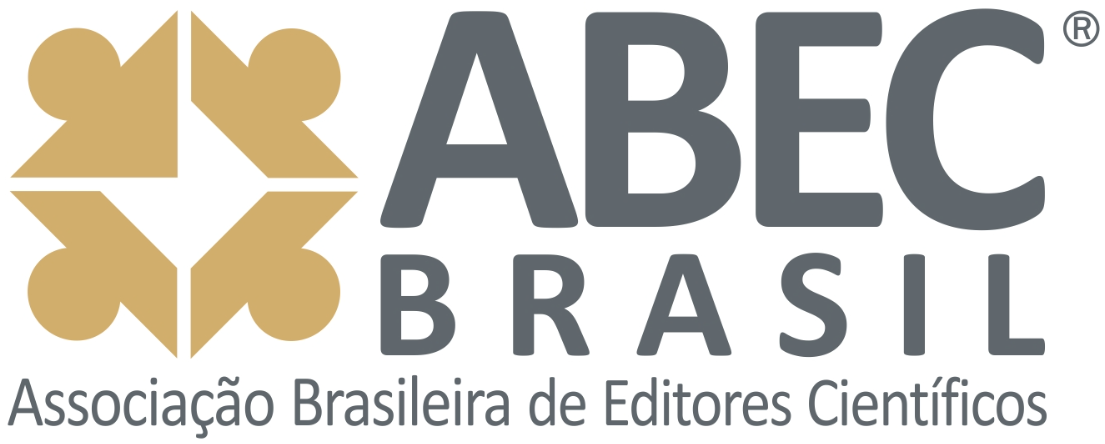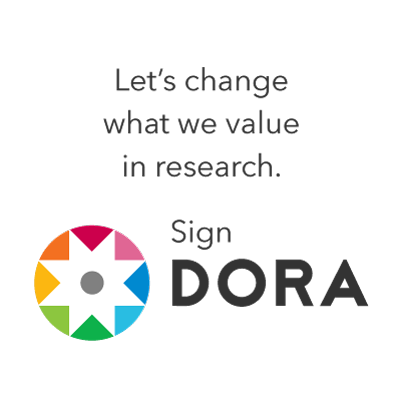Main literary approaches to cognitive understanding in the treatment of cardiovascular diseases
DOI:
https://doi.org/10.62331/2965-758X.v2.2024.54Keywords:
Cardiovascular diseases, Treatment, New drugs, Medical devices, Surgical techniquesAbstract
Cardiovascular diseases are the leading cause of death worldwide. Therefore, the use of therapeutic interventions is essential for the treatment and care of the patient's quality of life. The aim of the study was to investigate the main literary approaches to cognitive understanding in the treatment of cardiovascular diseases. Pubmed and the Virtual Health Library were used as databases, with an “AND” strategy for combining search terms related to the proposed theme. 73 articles were found, but only 23 were selected for the study. Therapeutic approaches offer hope for patients with cardiovascular disease, providing more effective treatment options. In addition, advances in the research and treatment of cardiovascular disease represent a significant milestone in cardiovascular medicine, offering new hope to people around the world affected by debilitating heart problems. Therefore, it is concluded that the qualitative data from the research shows the effectiveness of different therapeutic modalities in the management of cardiovascular diseases, offering prospects for the treatment of cardiovascular diseases.
References
Moreno PP de M, Ferraz MLF, Soares MH, Antunes Teixeira V de P, Helmo FR, Corrêa RRM. Correlação entre cardiopatias hipertensivas e aterosclerose na artéria aorta. Rev Eletr Enferm. 2017; 19(a52):1-10. https://doi.org/10.5216/ree.v19.40655
Roth GA, Johnson C, Abajobir A, Abd-Allah F, Abera SF, Abyu G, et al. Global, regional, and national burden of cardiovascular diseases for 10 Causes, 1990 to 2015. J Am Coll Cardiol. 2017; 70(1):1-25. https://doi.org/10.1016/j.jacc.2017.04.052
GBD 2019 diseases and injuries collaborators. global burden of 369 diseases and injuries in 204 countries and territories, 1990-2019: a systematic analysis for the global burden of disease study 2019. Lancet. 2020; 396(10258):1204-1222. https://doi.org/10.1016/S0140-6736(20)30925-9
ZhengYY, MaYT, Zhang JY, Xie X. COVID-19 and the cardiovascular system. Nat Rev Cardiol. 2020; 17:259-260. https://doi.org/10.1038/s41569-020-0360-5
Leal RCAC, VeigaBF, MouraLES. Reabilitação cardiorrespiratória na síndrome pós-COVID-19: estudo de caso. Biosciences and Health. 2023; 01:1-14. https://doi.org/10.62331/2965-758X.v1.2023.5
Nicolais C, Lakhter V, Virk HUH, Sardar P, Bavishi C, O'Murchu B, et al. Therapeutic options for in-stent restenosis. Curr Cardiol Rep. 2018; 20(2):7. https://doi.org/10.1007/s11886-018-0952-4
Gaba P, Gersh BJ, Muller J, Narula J, Stone GW. Evolving concepts of the vulnerable atherosclerotic plaque and the vulnerable patient: implications for patient care and future research. Nat Rev Cardiol. 2023; 20(3):181-196. https://doi.org/10.1038/s41569-022-00769-8
Libby P, Ridker PM, Hansson GK. Progress and challenges in translating the biology of atherosclerosis. Nature. 2011; 19; 473(7347):317-25. https://doi.org/10.1038/nature10146
Chen B, Shi X, Cui Y, Hou A, Zhao P. A review of PCSK9 inhibitors and their effects on cardiovascular diseases. Curr Top Med Chem. 2019; 19(20):1790-1817. https://doi.org/10.2174/1568026619666190809094203
Pasta A, Cremonini AL, Pisciotta L, Buscaglia A, Porto I, Barra F, et al. PCSK9 inhibitors for treating hypercholesterolemia. Expert Opin Pharmacother. 2020; 21(3):353-363. https://doi.org/10.1080/14656566.2019.1702970
Grześk G, Dorota B, Wołowiec Ł, Wołowiec A, Osiak J, Kozakiewicz M, et al. Safety of PCSK9 inhibitors. Biomed Pharmacother. 2022; 156:113957. https://doi.org/10.1016/j.biopha.2022.113957
Palmerini T, Biondi-Zoccai G, Della Riva D, Mariani A, Sabaté M, Valgimigli M, et al. Clinical outcomes with drug-eluting and bare-metal stents in patients with ST-segment elevation myocardial infarction: evidence from a comprehensive network meta-analysis. J Am Coll Cardiol. 2013; 62(6):496-504. https://doi.org/10.1016/j.jacc.2013.05.022
Teixeira RA, Fagundes AA, Baggio Junior JM, Oliveira JC, Medeiros PTJ, Valdigem BP, et al. Diretriz Brasileira de dispositivos cardíacos eletrônicos implantáveis – 2023. Arquivos Brasileiros De Cardiologia, 2023; 120(1):e20220892. https://doi.org/10.36660/abc.20220892
Ehrlich T, de Kerchove L, Vojacek J, Boodhwani M, El-Hamamsy I, De Paulis R, et al. State-of-the art bicuspid aortic valve repair in 2020. Prog Cardiovasc Dis. 2020; 63(4):457-464. https://doi.org/10.1016/j.pcad.2020.04.010
Petersen J, Holst T, Pecha S, Reichenspurner H, Girdauskas E. Rare presentation of sinus of valsalva aneurysm treated by aortic valve reimplantation technique. Braz J Cardiovasc Surg. 2022; 37(6):949-951. https://doi.org/10.21470/1678-9741-2020-0672
Rômullo Medeiros S, Ribeiro Dias R, Leyton Pozzo V, Duncan Santiago J, Madrini Junior V, Biscegli Jatene F. Surgical correction of the ascending aorta and an aortic root aneurysm associated with coarctation of the descending aorta. Multimed Man Cardiothorac Surg. 2022; 2022. https://doi.org/10.1510/mmcts.2022.052
Sabatine MS, Giugliano RP, Keech AC, Honarpour N, Wiviott SD, Murphy SA, et al. Evolocumab and clinical outcomes in patients with cardiovascular disease. N Engl J Med. 2017; 376(18):1713-1722. https://doi.org/10.1056/NEJMoa1615664
Nicholls SJ. PCSK9 inhibitors and reduction in cardiovascular events: current evidence and future perspectives. Kardiol Pol. 2023; 81(2):115-122. https://doi.org/10.33963/KP.a2023.0030
Zerati AE, Wolosker N, de Luccia N, Puech-Leão P. Cateteres venosos totalmente implantáveis: histórico, técnica de implante e complicações. J Vasc Bras. 2017; 16(2):128-139. https://doi.org/10.1590/1677-5449.008216
Mack MJ, Leon MB, Smith CR, Miller DC, Moses JW, Tuzcu EM, et al. 5-year outcomes of transcatheter aortic valve replacement or surgical aortic valve replacement for high surgical risk patients with aortic stenosis (PARTNER 1): a randomised controlled trial. Lancet. 2015; 385(9986):2477-2484. https://doi.org/10.1016/S0140-6736(15)60308-7
Buitrago FJ, Santana JA, Guimarães LF, Henriques MD, Almeida Júnior WM. Avaliação cardiovascular perioperatória para cirurgia não cardíaca. Rev Med Minas Gerais. 2011; 21(2 Supl 3):S9-S28. Acesso em: 22 ago. 2023. Disponível em: https://www.rmmg.org/artigo/detalhes/874
Barros CSMA, Boaventura JEM, Cordeiro ALAO, Moreira BSG, Lobo JO, Pedreira LC. Infecções de sítio cirúrgico: incidência e perfil de resistência antimicrobiana em Unidade de Terapia Intensiva. Rev Baiana Enferm. 2019; 33:e33595. https://doi.org/10.18471/rbe.v33.33595
Latado L, Melo RMV de, Mistro S, Latado AL, Nascimento HF do, Lira YM, et al. Análise de custo-efetividade da terapia com evolocumabe em pacientes com alto risco de eventos cardiovasculares no contexto do SUS – Brasil. Arq Bras Cardiol. 2021; 117(5):988-996. https://doi.org/10.36660/abc.20200690
Downloads
Published
How to Cite
Issue
Section
License
Copyright (c) 2024 Biosciences and Health

This work is licensed under a Creative Commons Attribution 4.0 International License.









